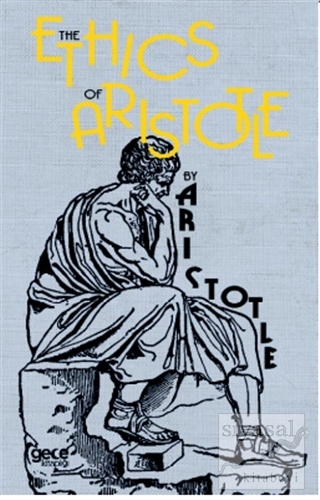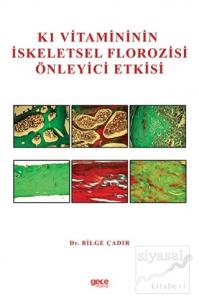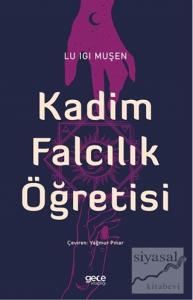
The Ethics of Aristotle is one half of a single treatise of which his Politics is the other half. Both deal with one and the same subject. This subject is what Aristotle calls in one place the “philosophy of human affairs;” but more frequently Political or Social Science. In the two works taken together we have their author's whole theory of human conduct or practical activity, that is, of all human activity which is not directed merely to knowledge or truth. The two parts of this treatise are mutually complementary, but in a literary sense each is independent and self-contained. The proem to the Ethics is an introduction to the whole subject, not merely to the first part; the last chapter of the Ethics points forward to the Politics, and sketches for that part of the treatise the order of enquiry to be pursued (an order which in the actual treatise is not adhered to).
The Ethics of Aristotle is one half of a single treatise of which his Politics is the other half. Both deal with one and the same subject. This subject is what Aristotle calls in one place the “philosophy of human affairs;” but more frequently Political or Social Science. In the two works taken together we have their author's whole theory of human conduct or practical activity, that is, of all human activity which is not directed merely to knowledge or truth. The two parts of this treatise are mutually complementary, but in a literary sense each is independent and self-contained. The proem to the Ethics is an introduction to the whole subject, not merely to the first part; the last chapter of the Ethics points forward to the Politics, and sketches for that part of the treatise the order of enquiry to be pursued (an order which in the actual treatise is not adhered to).






























